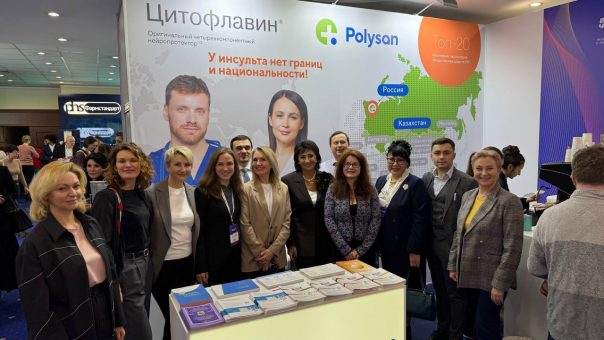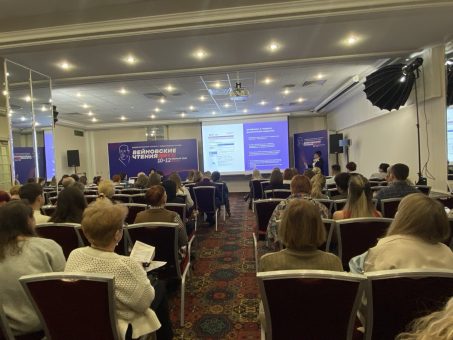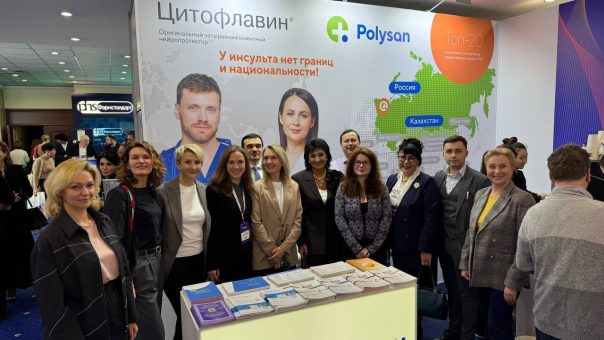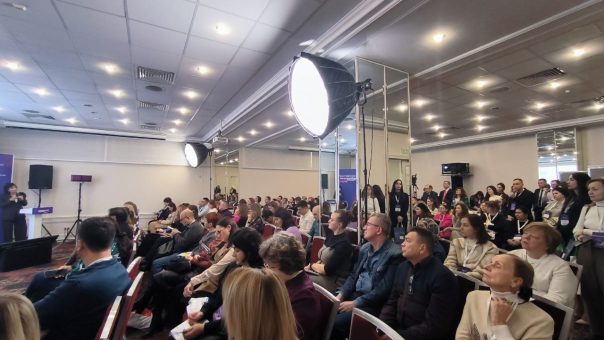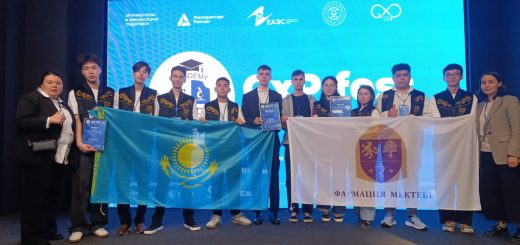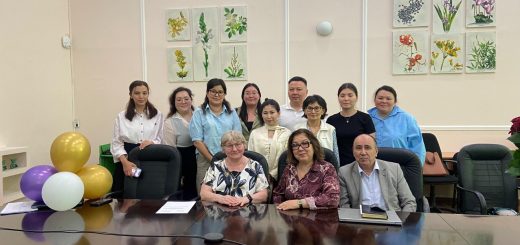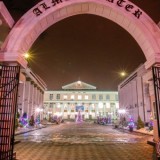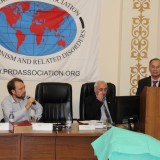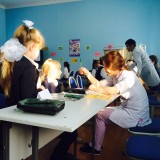XXI Interdisciplinary Congress with International Participation “Wein Readings”
On February 10-12, 2025, the 21st Interdisciplinary Congress with international participation, “Wein Readings,” was held in Moscow.
For over 20 years, this international congress, dedicated to the most pressing issues in neurology, has successfully brought together leading specialists and scientists from near and far abroad. Created by the students of the legendary academician Alexander Moiseevich Wein, the congress aims not only to enhance the knowledge and professionalism of doctors, but also to create a platform for interdisciplinary dialogue.
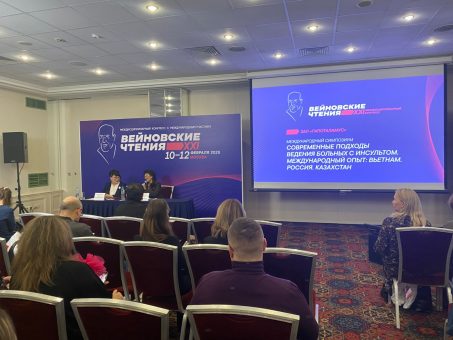
Each “Wein Readings” event is a large-scale event that attracts significant attention from experts. In recent years, the event has been attended by over 4,500 doctors. Participants share experiences, the latest research, discoveries, and developments. The congress features thematic training sessions, symposia, discussions, and clinical case reviews, as well as sections on interdisciplinary cardio-neurology and rehabilitation. “Wein Readings” is truly a unique event, a kind of concentration of scientific and clinical thought. “Participants undergo a real ‘system upgrade’—receiving a huge base of the latest methods and discoveries that can later be successfully applied in practice,” said Dr. Alexey Danilov, MD, Executive Director of the Association of Interdisciplinary Medicine and one of the conference organizers.
The main theme of this large-scale congress was brain health. This is especially relevant today, as increasing life expectancy and rising stress levels have led to a growing prevalence of neurological disorders such as strokes, Alzheimer’s and Parkinson’s diseases, and depression. Scientists have proven that brain health directly affects the state of the entire body. Particular attention was paid to the diagnosis of “masked” depression, which patients often overlook, presenting with other complaints. The organizers also addressed rare (orphan) diseases, whose diagnosis remains a complex challenge.
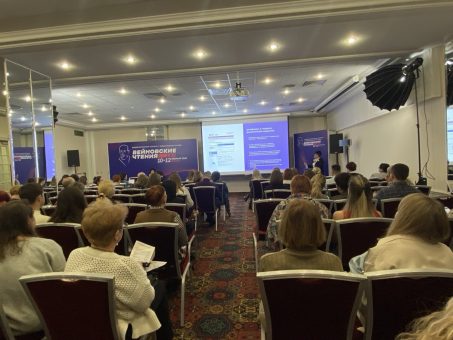
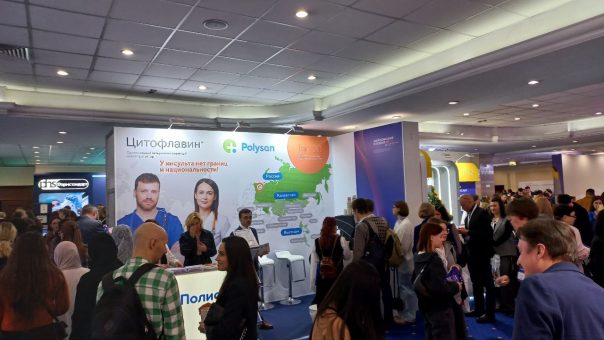
At this congress, the Republic of Kazakhstan and the Asfendiyarov Kazakh National Medical University were represented by a single report from the Head of the Department of Neurological Diseases, Dr. Turuspekova Saule Tleubergenovna. She actively participated in the International Symposium “Modern Approaches to Stroke Management: International Experience—Vietnam, Russia, Kazakhstan.” Dr. Turuspekova shared Kazakhstan’s achievements and the experience of organizing a stroke service in the country, coordinated by Adilbekov E.B., Chairman of the Board of the National Coordinating Center for Emergency Medicine, and Medukhanova S.G., Head of the Republican Coordinating Center for Stroke Issues. She highlighted pressing issues and shared the experience of using an artificial intelligence program in real clinical practice at the Neuro-Stroke Service of Almaty City Clinical Hospital No. 7. This program aids in decision-making and has proven effective and accurate in automatically diagnosing vascular catastrophes. Thanks to the implementation of the Cerebra AI program, the team of angiosurgeons (R.M. Kastey, S.T. Kaldybayev, K.A. Nikatov, E.S. Zhukov, and others) significantly increased the success rate of thrombectomies and reduced mortality in the acute stroke period.
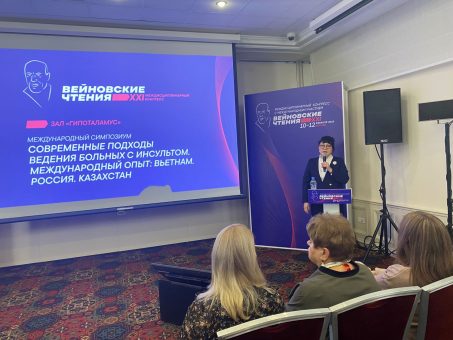

Dr. Thi Phuong Nga Nguyen, Head of the Department of Neurology and Stroke at Tong Nhat Hospital, Executive Committee member of the Vietnam Stroke Association, and lecturer at the Faculty of Geriatrics of Pham Ngoc Thach Medical University and Ho Chi Minh City University of Medical Sciences, shared Vietnam’s experience in neuroprotection for ischemic stroke. Professor D.R. Khasanova, MD, Honored Doctor of the Republic of Tatarstan, Chief Freelance Angioneurologist of the Ministry of Health of the Republic of Tatarstan, Professor of Neurology at Kazan State Medical University, and moderator of the international symposium, presented the latest trends in acute stroke treatment. The presentations sparked lively interest among the packed audience, with more than 1,000 specialists joining the live broadcast of the talks.
The international congress, held for the 21st time, has long become an important platform for sharing experience in the fields of neurology and medicine in general.
